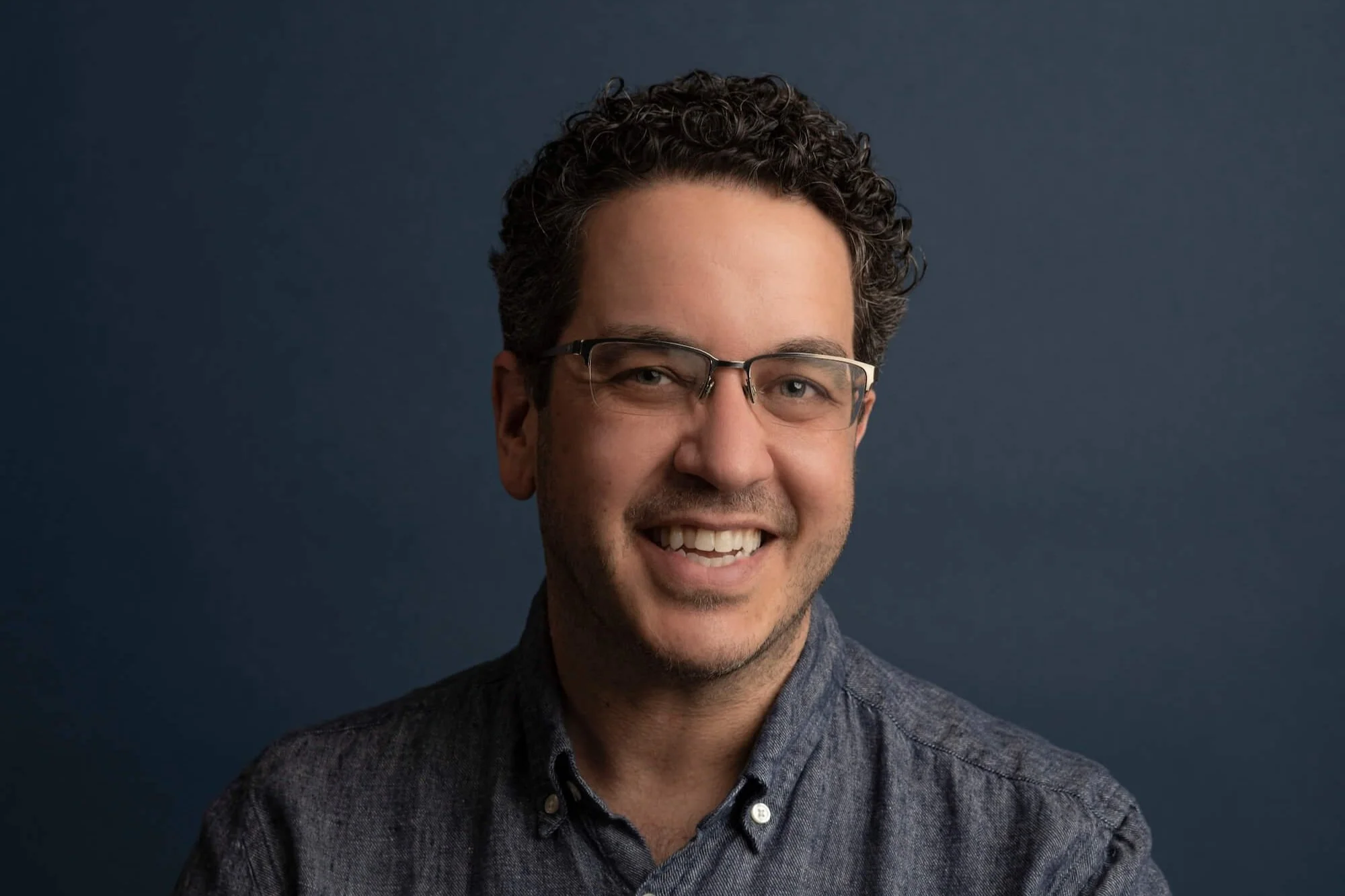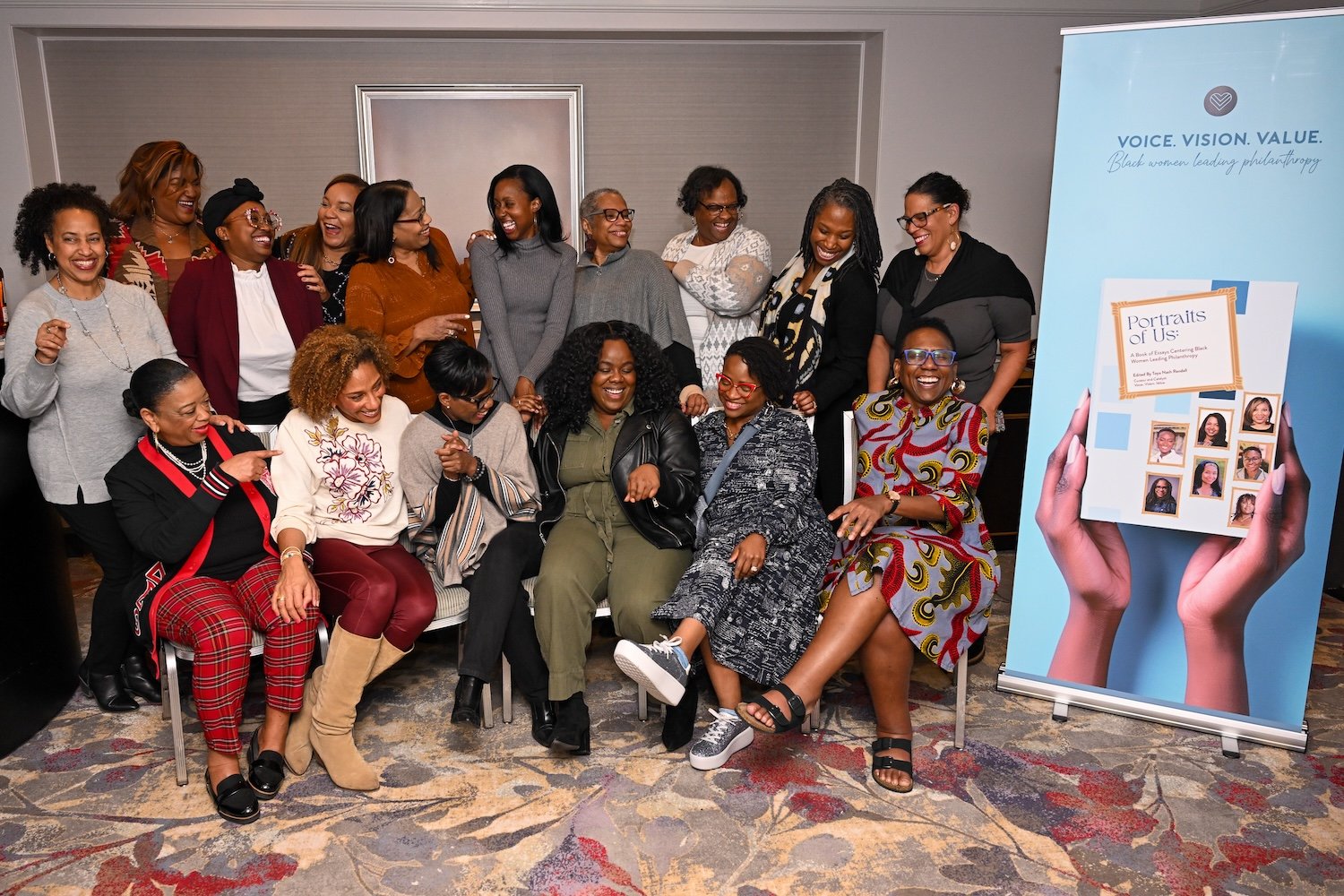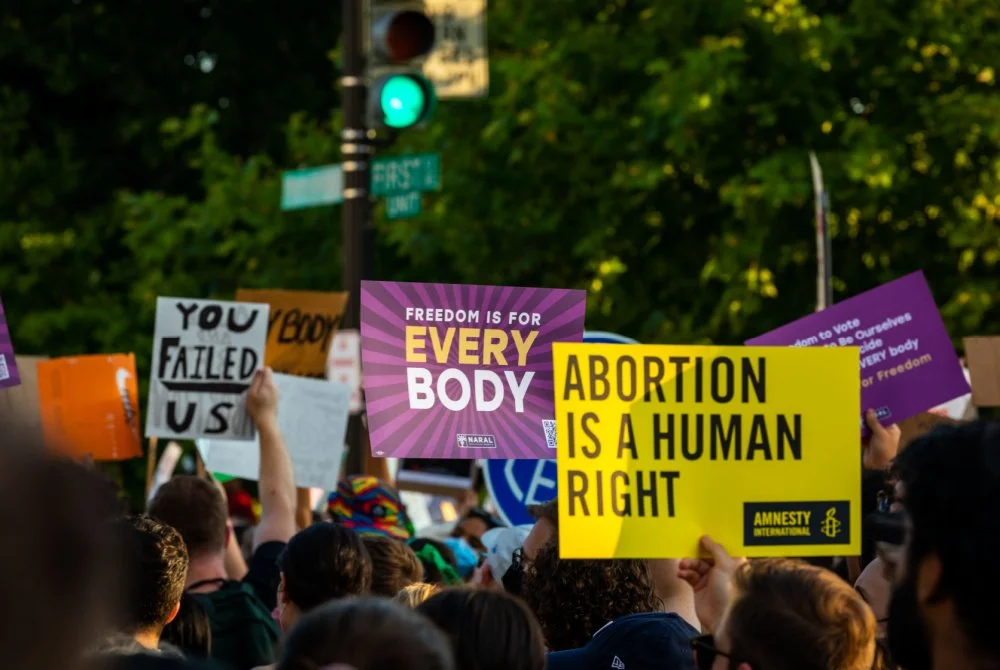A Low-Profile Funder Gives New Attention to Race and Community Violence
/photo: michaeljung/shutterstock
Over recent years, a growing number of funders has given greater attention to racial equity issues. Among them is the William R. Kenan, Jr. Charitable Trust, which recently invested $5 million in Louisville and Lexington, Kentucky, to support work with young black men touched by community violence.
With many African-American communities plagued by high homicide rates, more grantmakers are looking to stem the violence and create safer, more stable neighborhoods, which is often a precondition for achieving other gains. In June, Google.org gave $2 million to support local gun violence prevention efforts in 10 cities as part of a larger spate of new grantmaking this year to advance racial equity. One of the recipients was the Peacemaker Partnership, which also gets support from the Kellogg Foundation. The MacArthur Foundation, the Joyce Foundation, and other funders have pledged millions to prevent violence in Chicago, with a focus on communities of color.
While Kenan, a less familiar name in philanthropy, keeps a low profile, it's another funder with a keen interest in addressing community violence and advancing racial equity more broadly.
Founded in 1966, the trust traditionally focused on higher education, doing things like endowing professorships. Based in Chapel Hill, North Carolina, and making $28 million in grants in the last fiscal year, the foundation funds projects in four states: Florida, Kentucky, New York and North Carolina. About five to 10 years ago, it started getting into the K-12 space, Kenan’s Assistant Executive Director Dorian Burton told Inside Philanthropy. The trust’s recent involvement in community violence and black male achievement fits into a more holistic approach to its work in education, he said.
Earlier this year, the foundation also funded a $6 million program to bring the arts into diverse communities in New York City. In 2016, the trust gave $3 million to Kentucky schools and other organizations to improve educational outcomes for African American boys. However, this new project looks beyond schools to take on barriers to black male achievement in communities themselves.
Related:
- How Are Funders Boosting Arts Engagement Across Diverse Communities?
- A Look at the Latest Effort to Improve the Outcomes for African American Men
- Making Peace: New Grant Dollars Flow to Stem Urban Violence
“We can focus on teacher effectiveness, but we also need to focus on housing, and we need to focus on food and we need to focus on social justice,” Burton said. In addition to his role at Kenan, Burton—who holds a doctorate in education from Harvard—co-founded TandemEd, an organization that advances black male achievement and community improvement.
“The challenges and opportunities that face our communities don’t happen in isolation,” Burton said. “If you’re going to look at education, you also have to look at housing. If you’re going to look at housing, you also have to look at public health. If you’re going to look at public health, you also have to look at the justice system.”
Taking cues from community leaders already working on these issues is a big part of Kenan’s approach, Burton said. “We have as much to learn, as we have to give. We’re not the saviors of these communities. Communities are their own heroes.”
On that front, Kenan is teaming up with city leaders and advocates in education, criminal justice, housing, social services and business, and national partners coordinated by Cities United to manage the fellowships that will prepare 120 African American young men, many of whom experienced run-ins with law enforcement, to be civic leaders.
Cities United has played a major role in bringing this project to life. A national network of mayors comprises the organization, which is taking on community violence, especially as it affects African American men and boys. The group already secured a planning grant from the James Graham Brown Foundation for the fellowships.
Cities United hopes to come out of this project with a model that could be used in cities across the country to stop community violence, says its executive director, Anthony Smith. The organization will track education and employment outcomes of participants, but also hopes to replicate any city or state policies or procedures that change as a result of the work.
Burton said the way Cities United and its local partners talked about the challenges faced by these communities played a big role in the trust’s decision to get involved.
“One of the faults I think philanthropy has is we will reward the people who tell the worst stories the best about our communities,” Burton said. Smith and other leaders on the ground told the story a different way that emphasized potential over tragedy.
“The work that we’re doing, here, really is, for us, tapping into an underserved resource,” Smith said. “We believe this group of young men could be the next group of civic leaders. Without this program, they might not think of city government, and city government would not think about them.”
“This isn’t a program just around the justice system, but this is a program focused on making sure we don’t lose our most valuable talent,” Burton said. Local partners made that clear.
Other partners include Louisville Urban League, Metro United Way, New Legacy Reentry, KentuckianaWorks, Legal Aid Society, Simmons College, Bluegrass Community & Technical College, Jefferson Community & Technical College, Bluegrass Workforce Investment Board, Fayette County Public Schools, Fayette Circuit and District Court, Urban League of Lexington – Fayette County and Lexington Leadership Foundation. National partners include #Cut50, Campaign for Black Male Achievement, JustLeadership USA, Essie Justice Group and BMe Community.
Related:







































